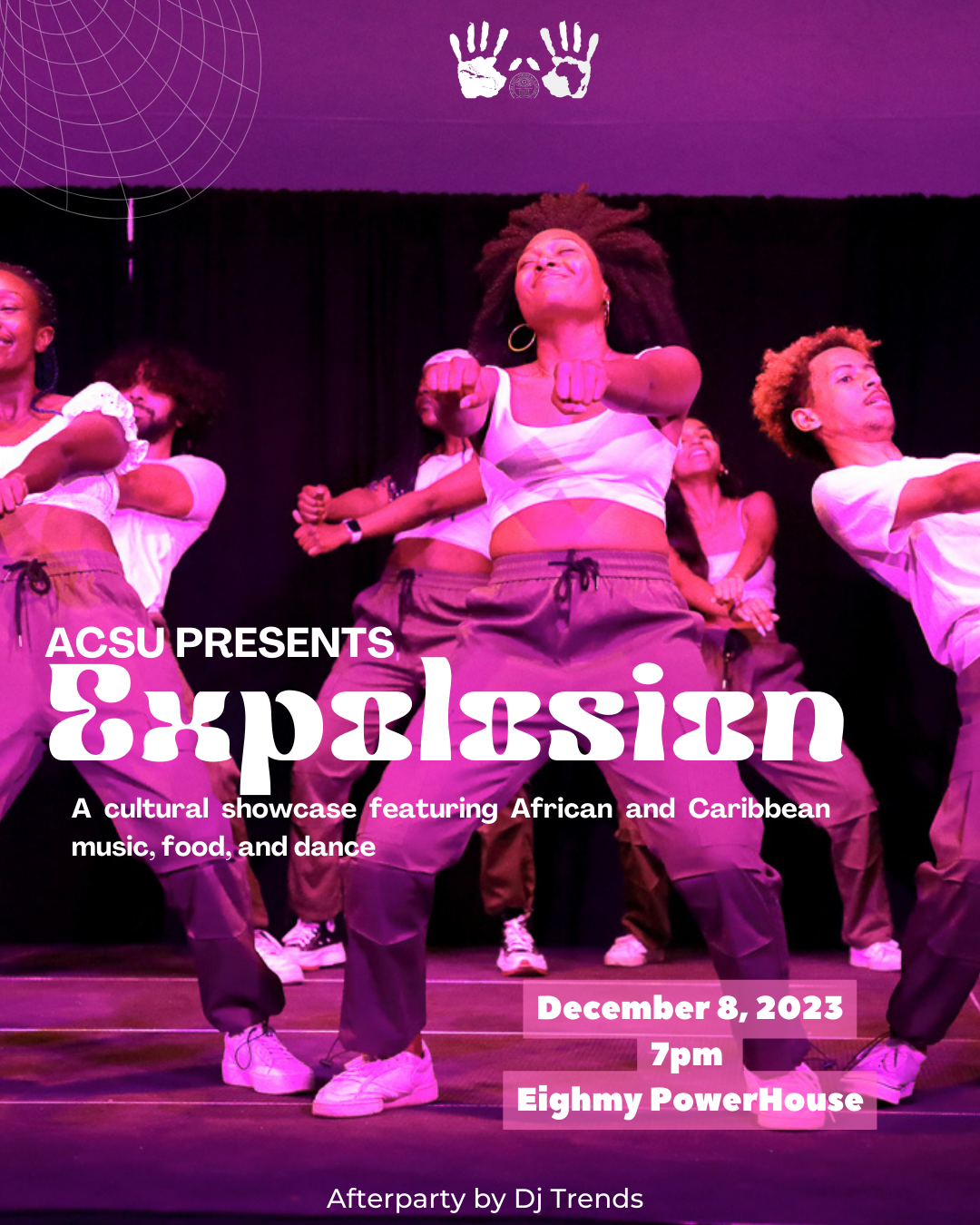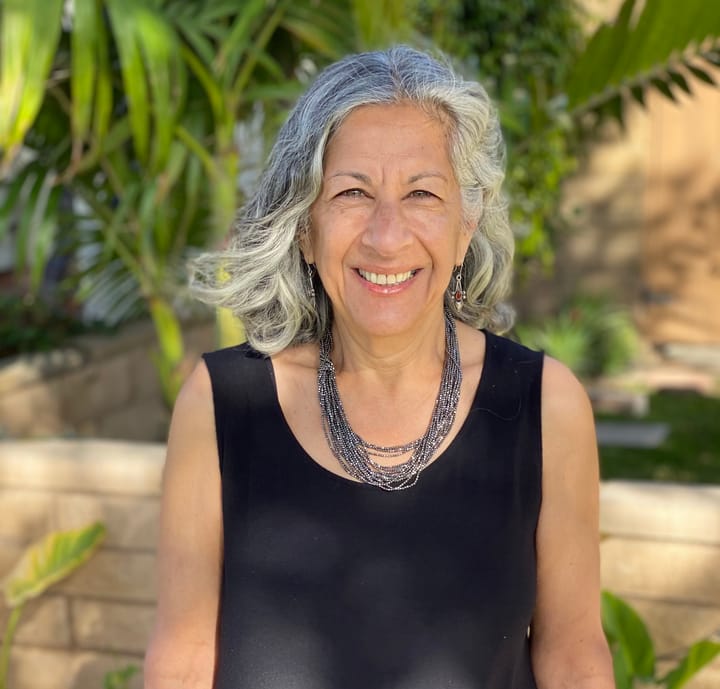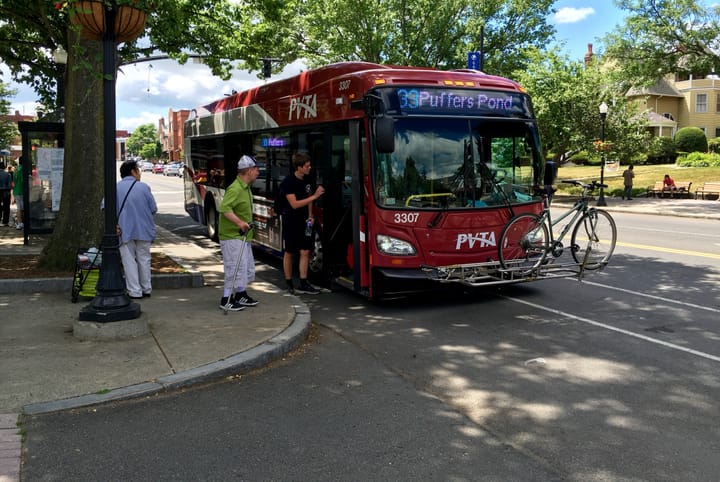Mammoth Moments in Miniature: Nov. 29 to Dec. 3
Mammoth Moments in Miniature provides quick updates on campus happenings. This week’s edition includes Dining’s Spring 2024 survey, novelist Ling Ma’s upcoming visit, and a “pernicious” question at the Dec. 5 faculty meeting.

Register for the Annual Public Speaking Competition
The deadline to register for the annual speaking competition is Dec. 14. Participants will be asked to prepare a five to seven minute persuasive speech on this year’s theme: democracy. The competition will be held on Feb. 22. Contact Susan Daniels, the college’s associate director of public speaking, for more information.
Complete the Amherst Dining Spring 2024 Survey
As Dining Services prepares the menu for Spring 2024, they are asking students to fill out a survey in order to provide feedback and suggestions that will enhance their dining experience.
Ling Ma: A Reading and Conversation
The Center for Humanistic Inquiry will host author Ling Ma for a reading and discussion of her body of work on Wednesday, Dec. 6 at 7 p.m. Ma is the author of “Bliss Montage: Stories,” a book of short stories which was named a National Indie Bestseller, a New Yorker Best Book of the Year and a New York Times Book Review Editor's Choice.
ACSU: Explosion Fall 2023!
The African and Caribbean Student's Union will present a showcase featuring performances representing cultures from Africa and the Caribbean on Dec. 9 at 7 p.m. in the Eighmy Powerhouse. Food will be served.
Dec. 5 Faculty Meeting
New language — proposed by Samuel Williston Professor of English Geoffrey Sanborn representing the Committee on Educational Policy — containing changes to the current comprehensive requirement in the college’s catalog was discussed at last night’s faculty meeting. The requirement was to be renamed a Capstone Experience (CE) and its description expanded to more accurately reflect the variety of so-called “comps” that are offered by departments and programs.
The amendment proved controversial, with some members of the faculty expressing confusion over multiple sections. Some professors, for example, wondered whether the change implied that comprehensive exams could count as fulfilled CEs even if the student, having experienced the exam, had failed it.
This issue was resolved swiftly by an amendment to the original text. Other questions, however, were slightly more pernicious.
Prescriptiveness in the text, for example, was a challenge for many present.
A question about whether departments that don’t currently have any sort of CE would be compelled by the new language to create some kind of new experience for their majors was answered by Sanborn.
“ … The proposal is not prescriptive in terms of what you do to have a capstone experience,” he said. “But I’m trying to think how not having an experience serves having an experience.”
With that question “lingering in the air,” as Elliott put it, the discussions about various forms of prescriptiveness continued.
For example: Where the new language reads “ … CEs often culminate in events that bring seniors and departmental faculty members together,” some worried that departments allowing juniors to fulfill the requirement in research seminars would no longer be allowed to do so.
In response, Rachel and Michael Deutch Professor of Philosophy Alexander George pointed out that “the word ‘senior’ only occurs in the penultimate sentence, and then it’s hedged by the word ‘often’.”
This “massaging of the language of [Sanborn’s] proposal,” as James J. Grosfeld Professor of Law, Jurisprudence and Social Thought Lawrence Douglas put it maybe twenty minutes later, was not enough to dispel the worries of the collectivity, and an amendment was proposed to change the word “senior” to the less prescriptive “student.”
The amendment, though certainly not uncontroversial, was put to vote after only seven or eight more minutes. The “aye”s sounded, the “nay”s replied, and I could not tell at all which side had marshaled more voices. Elliott initially called the vote for the “aye”s, but the crowd, and a call for a paper ballot, seemed to disagree. Slips of paper were passed out, and professors looked around for pens.
The amendment passed by paper ballot, 51 to 49.




Comments ()